RELEASE DAY: Dreams Before the Start of Time
 I can hardly believe I’m typing this: my THIRD novel is published today — Dreams Before the Start of Time.
I can hardly believe I’m typing this: my THIRD novel is published today — Dreams Before the Start of Time.
This near-future novel suggests what it will mean to be a parent, a child, a family when science offers new ways of conceiving and giving birth — when artificial wombs free women from the pain and dangers of childbirth, when eggs can be created from stem cells, when a man can create a baby without a woman, and a woman can create a baby without a man. How will these breakthroughs affect relationships and the status of motherhood in society?
In other words, as a writer of speculative fiction, I give myself license to imagine both the intended and unintended consequences!
Dreams Before the Start of Time, published by 47North, received a boost pre-release, receiving a starred review from Publishers Weekly. And today, release day, I’m thrilled to bits to read this review on From Couch to Moon.
Here are snippets of early reactions to the novel:
“Charnock pulls hard on the parent’s universal worry—that no matter what we do and how much we want the best for our children, somehow we aren’t doing it right—in a skillfully executed multigenerational saga that explores a potential future driven by rapid development of reproductive technologies . . . in a story that feels personal and intimate.” —Publishers Weekly starred review
“Not a sequel to Charnock’s previous novel, Sleeping Embers of an Ordinary Mind so much as its organic successor, Dreams Before the Start of Time is a luminous, deftly crafted and occasionally disturbing portrait of the future we may be entering. A novel that explores the notion of family in all its myriad permutations, Dreams Before the Start of Time is science fiction at its most contemplative, asking intriguing questions about human reproduction, gender identity and interpersonal relationships and providing thought-provoking answers on a human scale. Anne Charnock’s third novel leaves the reader in no doubt of her evolving talent, and showcases all that is most imaginative and forward-thinking in British science fiction right now.” —Nina Allan, author of The Race
“Charnock’s interest is always in the human aspect first: her characters are real, living, breathing individuals; lost in some ways, directive in others… With Dreams Before the Start of Time already on my Best SF of 2017 list, Anne Charnock is now solidified as one of my favorite SF authors.” —From Couch to Moon
“This is an excellent novel, and a worthy successor to the very wonderful Sleeping Embers of an Ordinary Mind.” —Adam Roberts, author of The Thing Itself
“highly enjoyable and thought provoking . . . The willingness to experiment with viewpoint through time, as well as present a human agenda (what little science fiction these days can say that), make the novel very worthwhile . . . the futuristic technology depicted is extremely likely—in development as we speak—making the novel ground-breaking.” —Speculiction
“Charnock’s third novel is a beautifully nuanced exploration of future developments in fertility science. The science underpinning the narrative is subtle and unobtrusive, allowing the novel to shine on the neuroses of its large, three-generational cast of characters as they struggle to come to terms with the decisions of their parents. As with her previous novels, Charnock is marvellous at communicating a huge amount in a short space.” —E.J. Swift, author of The Osiris Project series
“Philip K. Dick Award finalist Charnock follows the progression of reproductive science across people in five generations . . . the reader will experience not only the changing views of society at large, but also the progression of the characters’ views as new opportunities arise for the next wave of parents. None of the technology seems far-fetched, leaving the reader to wonder whether this is predictive fiction.” —Booklist Review
Dreams Before the Start of Time has been ‘in the works’ for several years. I repeatedly put aside the manuscript, unsure what its final form might be. From the outset, however, I wanted to build the narrative as a series of linked vignettes. Fortunately, my publisher encouraged me in this non-standard approach!
So, many thanks to the wonderful team at 47North, particularly my brilliant editor, Jason Kirk.
And, finally, I heard this gem at the weekend at Eastercon (the British Science Fiction Association’s annual convention) from critic John Clute. He was speaking on the subject of mosaic novels, also known as braided, nested and fragmented novels (among other labels):
“We need to be more disorderly. We must find new ways of ending our stories. We must challenge this rage for order.”
I couldn’t agree more!
Happy reading, everyone. Thanks for all your support!

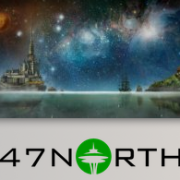
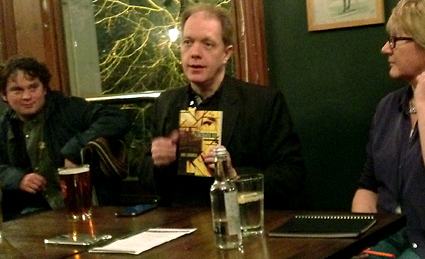

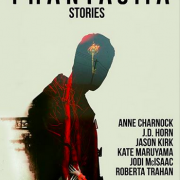
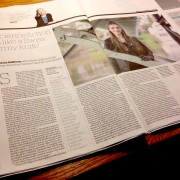
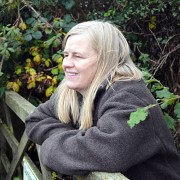



Leave a Reply
Want to join the discussion?Feel free to contribute!